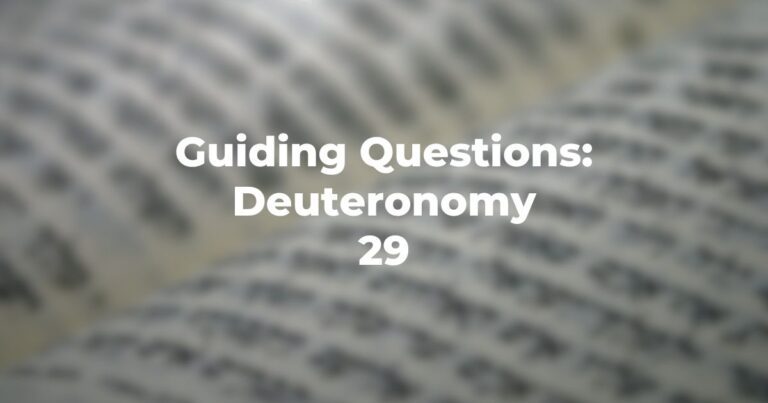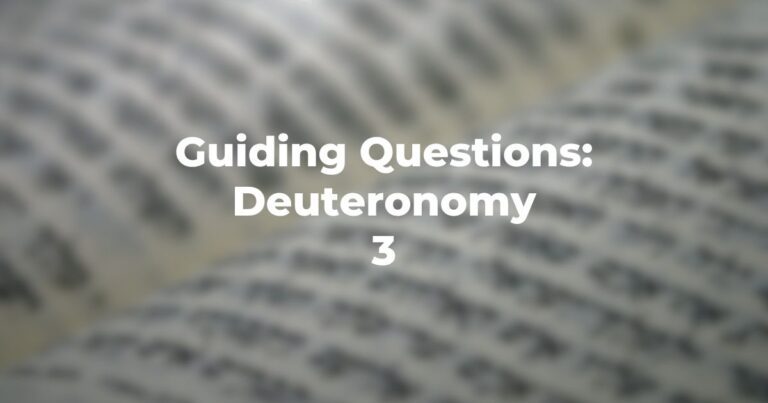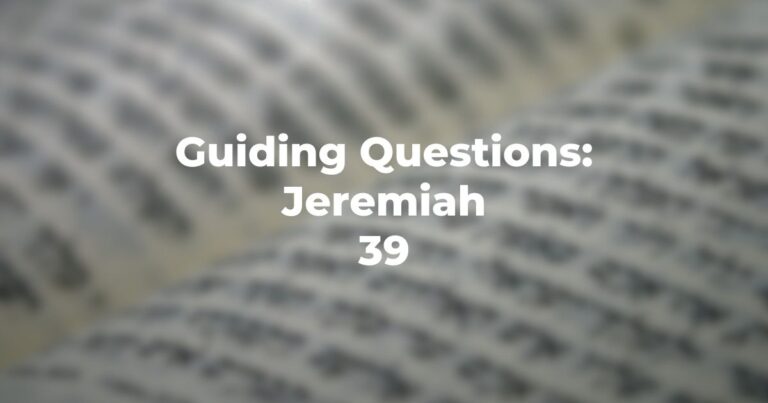- What is the implication, in Esther 1:1, of the phrase is Ahasuerus who…”?
- For whom was the first feast, of about 6 1/2 months duration, designed?
- What was the purpose of this first feast?
- For whom was the second feast, of seven days, designed?
- Was there a different purpose for this second feast?
- What is meant in Esther 1:8 by the phrase “the drinking was according to the law; none did compel”?
- Why does the queen, Vashti, hold a separate feast for the women?
- The author gives us a “heads up” in Esther 1:10 that Ahasuerus was inebriated. What are we being prepared for? Why?
- Is there any reason for detailing the names of the king’s chamberlains in Esther 1:10, and his counselors in Esther 1:14? Is the author adding important information for the reader? Is he authenticating the story? Is he telling us something about himself?
- What was the purpose of the king’s command for Vashti to appear? Before which group of guests was she to appear?
- Is any reason given for her refusal to obey the king?
- With whom does Ahasuerus consult about her disobedience? What is his basic question? (Esther 1:15)
- Does Memucan respond to the king’s question? How does Ahasuerus view the problem? How does Memucan view the problem?
- What advice does Memucan offer the king in order to punish the queen? What is the expected result of this punishment for the entire kingdom? (Esther 1:20; Esther 1:22)
- What is the punishment meted out to Vashti?
- What need is there to emphasize the details about language? (Esther 1:22)
- How would you describe the personality of Ahasuerus based on this chapter? (Esther 1:4; Esther 1:7-8; Esther 1:10; Esther 1:12; Esther 1:21)
Author
-

Exploring Judaism is the digital home for Conservative/Masorti Judaism, embracing the beauty and complexity of Judaism, and our personal search for meaning, learning, and connecting. Our goal is to create content based on three core framing: Meaning-Making (Why?), Practical Living (How?), and Explainers (What?).
View all posts




